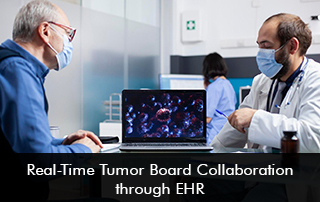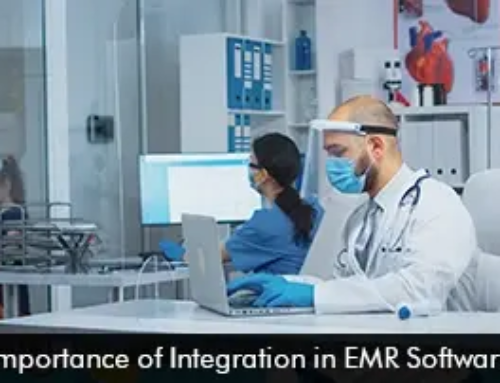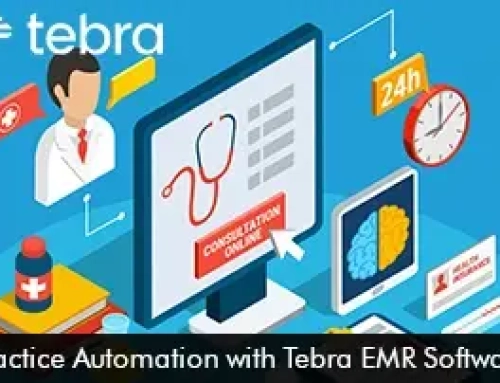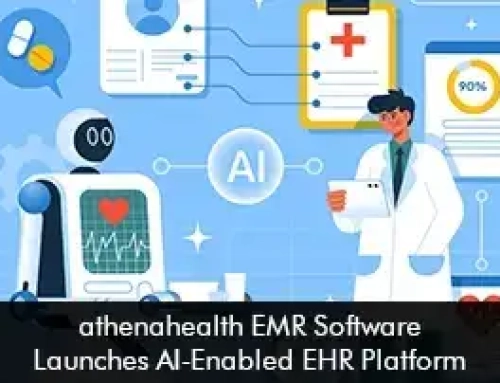As oncology care continues to advance, the use of Electronic Medical Records (EMR) and Electronic Health Records (EHR) has become essential. These digital platforms serve as central hubs for clinical information, improving operational efficiency and facilitating smoother interactions among diverse healthcare specialists. The adoption of EMR and EHR software has significantly reshaped how cancer care is delivered—making it possible for teams to collaborate instantly and base their decisions on the most accurate, up-to-date information. With cancer therapies growing more intricate, having streamlined data access and consistent communication tools is now a fundamental requirement in delivering high-quality care.
The Critical Role of EHR in Oncology Today
One of the most transformative aspects of EHR software in oncology is their ability to support personalized medicine. With cancer care increasingly relying on genomic data, targeted therapies, and complex treatment regimens, EHR software ensures that all relevant clinical and diagnostic information is easily accessible and up to date. This centralized access not only aids oncologists in making faster, evidence-based decisions but also facilitates longitudinal tracking of treatment outcomes. Moreover, EMR software enables real-time integration with laboratory and imaging systems, ensuring that tumor board members have the most current data when formulating treatment strategies.
The Evolution of Tumor Boards: From Traditional to Real-Time Collaboration
- Traditional Tumor Boards: Historically, tumor boards involved in-person meetings where specialists discussed patient cases. These sessions were often hindered by scheduling conflicts and limited access to comprehensive patient data.
- Digital Transformation: The advent of EMR and EHR software has digitized patient records, allowing for more accessible and organized data. This digital shift has paved the way for virtual tumor boards, facilitating remote collaboration among specialists.
- Real-Time Collaboration: Modern EHR systems enable real-time data sharing, allowing oncologists, radiologists, pathologists, and other specialists to simultaneously access and discuss patient information, leading to more timely and coordinated care decisions.
Key Features Enhancing Tumor Board Efficiency Through EHR Integration
- Centralized Data Access: EHR software consolidate patient information, including medical history, imaging, lab results, and treatment plans, into a single, accessible platform.
- Interoperability: Advanced EHR systems can integrate with various healthcare applications and devices, ensuring seamless data exchange and reducing redundancies.
- Secure Communication Channels: Built-in messaging and video conferencing tools within EHR platforms facilitate secure and efficient communication among tumor board members.
- Automated Scheduling and Notifications: EHR software can automate meeting scheduling, send reminders, and manage agendas, streamlining the coordination of tumor board meetings.
- Decision Support Tools: Incorporation of AI and machine learning algorithms within EHR systems can provide predictive analytics and treatment recommendations, aiding in clinical decision-making.
Latest Innovations in EHR for Tumor Board Collaboration
- AI-Powered Virtual Tumor Boards: Platforms like the AI-powered Virtual Tumor Board Meetings (VTBMs) offer real-time collaboration between experts, enhancing patient outcomes through improved decision-making.
- Cloud-Based PACS Integration: Solutions like Medicai’s Cloud PACS streamline tumor board operations by providing secure image access and faster decision-making capabilities.
- Multi-Agent Orchestration: Microsoft’s Azure AI Foundry introduces multi-agent orchestration, allowing for the coordination of multidisciplinary, multimodal healthcare data workflows, enhancing tumor board efficiency.
- EHR Integration for Precision Medicine: Institutions like Jefferson Health are preparing for EHR integration to support molecular tumor boards, focusing on timely biomarker testing and personalized treatment plans.
Top 5 EMR Software Recommended for Oncology Practices
- Epic Systems
Epic Systems is renowned for its comprehensive EHR solutions, widely adopted by top-ranked hospitals and medical schools across the U.S. Its robust platform supports various aspects of patient care, including registration, clinical systems, lab work, and billing. Epic’s MyChart feature empowers patients by providing access to their health records, appointment scheduling, and direct communication with care teams.
- Cerner (Oracle Health)
Cerner offers a versatile EHR system that caters to diverse healthcare needs. Its oncology-specific modules facilitate chemotherapy management, radiation therapy planning, and integration with cancer registries. Cerner’s interoperability ensures seamless data exchange across various healthcare settings, enhancing coordinated care.
- iKnowMed EHR
Developed by McKesson, iKnowMed EHR is tailored specifically for oncology practices. It provides customizable treatment plans, chemotherapy order management, and real-time access to patient data. The platform’s mobile accessibility allows healthcare providers to manage patient care efficiently, even on the go.
- OncoLens
OncoLens is an AI-enabled digital healthcare platform designed to enhance multidisciplinary oncology care. It offers data interoperability, actionable insights, and advanced collaboration tools for care teams, researchers, and administrators. OncoLens facilitates continuous, insight-driven tumor board discussions, improving patient outcomes.
- NextGen Healthcare
NextGen Healthcare provides a comprehensive EHR solution that supports oncology practices with features like chemotherapy management, clinical documentation, and billing integration. Its user-friendly interface and customizable templates streamline workflows, allowing for efficient patient care management.
Embracing EHR for Enhanced Oncology Collaboration
The integration of EHR software into oncology practices has transformed the traditional tumor board model into a dynamic, real-time collaborative process. By centralizing patient data, facilitating secure communication, and incorporating advanced decision support tools, these systems enhance the efficiency and effectiveness of multidisciplinary cancer care. As technology continues to evolve, embracing these digital solutions will be crucial for oncology practices aiming to provide personalized, timely, and coordinated care to their patients.








